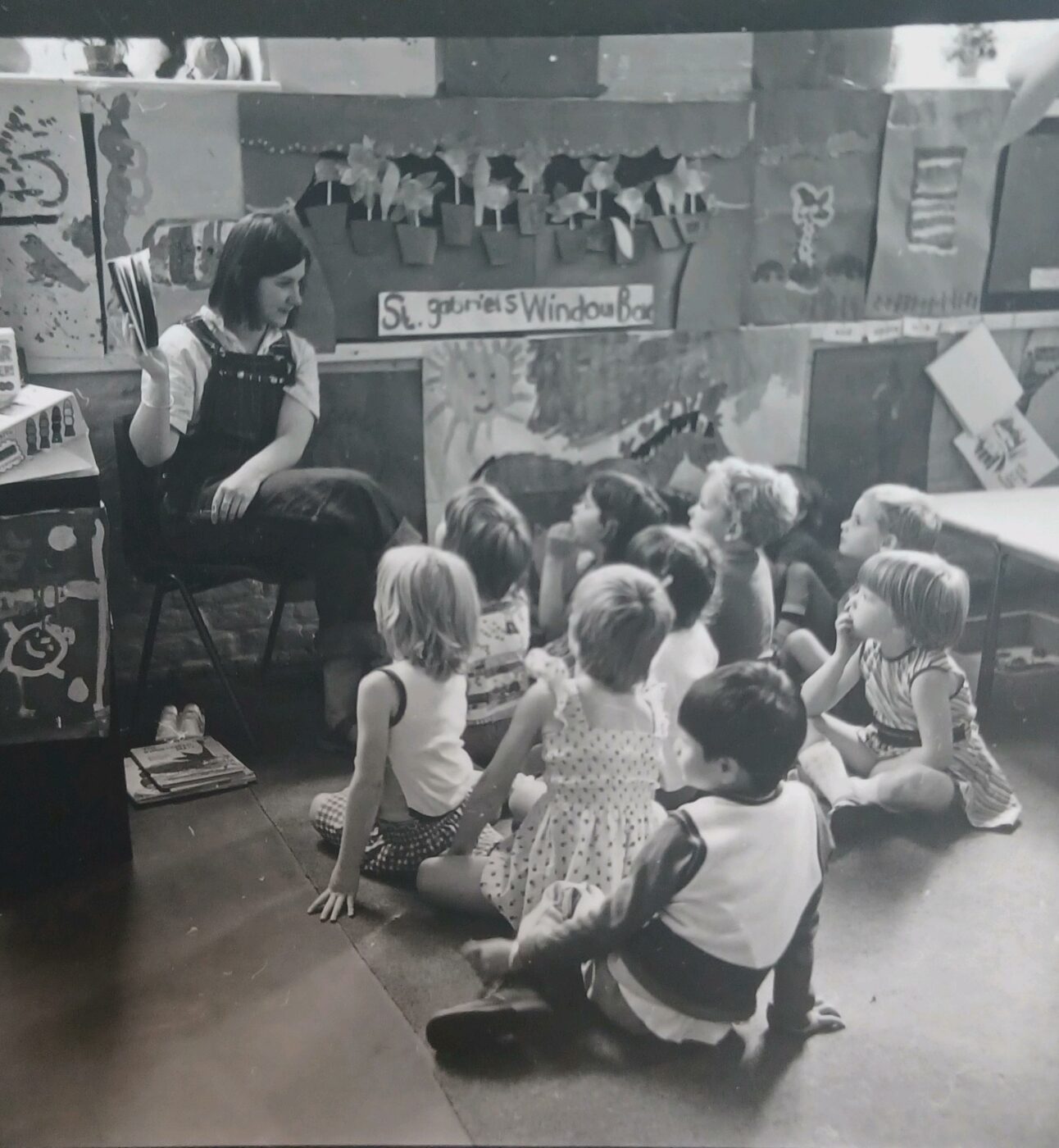
Talking Early Years: Celebrating 120 Years at LEYF
The Year That is 2023 – This year, we are proud to celebrate 120 years of LEYF. It’s been fascinating to reflect back on what has changed over…
July 3rd 2012
Well the bankers are in trouble again. Is it a case of money corrupts? Poor Bob Diamond (former CEO of Barclays Bank). Last year he proudly announced that culture is the most important thing in an organisation because it is what people do when no one is looking. He said that bankers must always operate in a way that brings the best service to customers. He looked like he was leading a ‘good bank’. Aside from the political impact (now evident), it must have galled him to know that some of his staff lost sight of this culture and values when they behaved so dishonestly.
According to Patrick Lencioni in his book The Four Obsessions of an Extraordinary Executive, culture is set by the leader; it has to come from the top. In another book, How Finding Your Passion Changes Everything, Ken Robinson describes culture as a means of creating contagious behaviour by embedding the attitudes and behaviour that are acceptable and unacceptable across the organisation.
Funnily enough, I spent last week reflecting on our own culture at LEYF with my fellow directors. We have always known that culture is critical, especially when growing an organisation: staff need to ‘get the vibe’ and, without even thinking about it, know what behaviour and attitudes are the LEYF way. We summarised our three cultural behaviours as Nurture, Excellence and Innovation. This culture then has to align with the core values of the organisation.
These words sum up a whole set of behaviours that are designed to ensure that we are a high performing organisation. And culture is the behaviour that underpins high performance. Many of us have previously worked in organisations with a culture of underperformance, accepting shoddy work, high absenteeism and lack of care and concern for the customers. It’s a most de-motivating and depressing place to be for children, parents, staff, students and visitors.
So ‘Nurture, Excellence and Innovation’ sounds good to me, not least as a set of demanding cultural norms:
Nurture is about training, development and encouragement. It’s about supporting positive connections, bonding and bridging. It is also about being able and willing to deal with poor behaviour. Children who are nurtured and encouraged learn about what is right and wrong, what they can and cannot do. The same goes for adults.
Excellence is about how we operate our core business. We need to be smart and develop intelligent strategies, marketing plans and financial models which sustain our service and give us a competitive edge. But we also need to be healthy and have the right leadership, support services, communication and engagement that allows us to be top of the class. Children deserve the best so we must give it to them.
Innovation is how we use our action research to reflect on, consider and review what we do and how we do it. It’s about examining new ways of making things better. It’s about intelligence, about thinking creatively and courageously about what works and whether it is right. Certainly a brave culture, but one that keeps us all on our toes.
The challenge for LEYF and indeed any organisation is how to make sure this culture permeates every nook and cranny. It’s feeling assured that everyone gets it and those who want to break the code are held back by the power of the cultural norms. For us, the best way to do this is to…
If we get this right we are less likely to end up vilified like the banks, as Allister Heath journalist at City AM says:
Barclays inability to ensure that some of its staff behaved appropriately was a major failing of its corporate controls. People knowingly broke the rules. Shame on them… Too many people turned a blind eye to the wrongdoings of others. The City’s reputation as a trustworthy marketplace will take years to recover.
No one can afford to get into this mess. So let’s ensure we have the right culture from the start, and at every level.

The Year That is 2023 – This year, we are proud to celebrate 120 years of LEYF. It’s been fascinating to reflect back on what has changed over…

We have been raising the issues of childcare funding for over 10 years. It has been so long, I am amazed at how patient I’ve remained – and…

In the beginning of 2022 So here we are. The final blog of 2022. And hey, we’ve managed to get through what has been a year of discontent and foolishness.